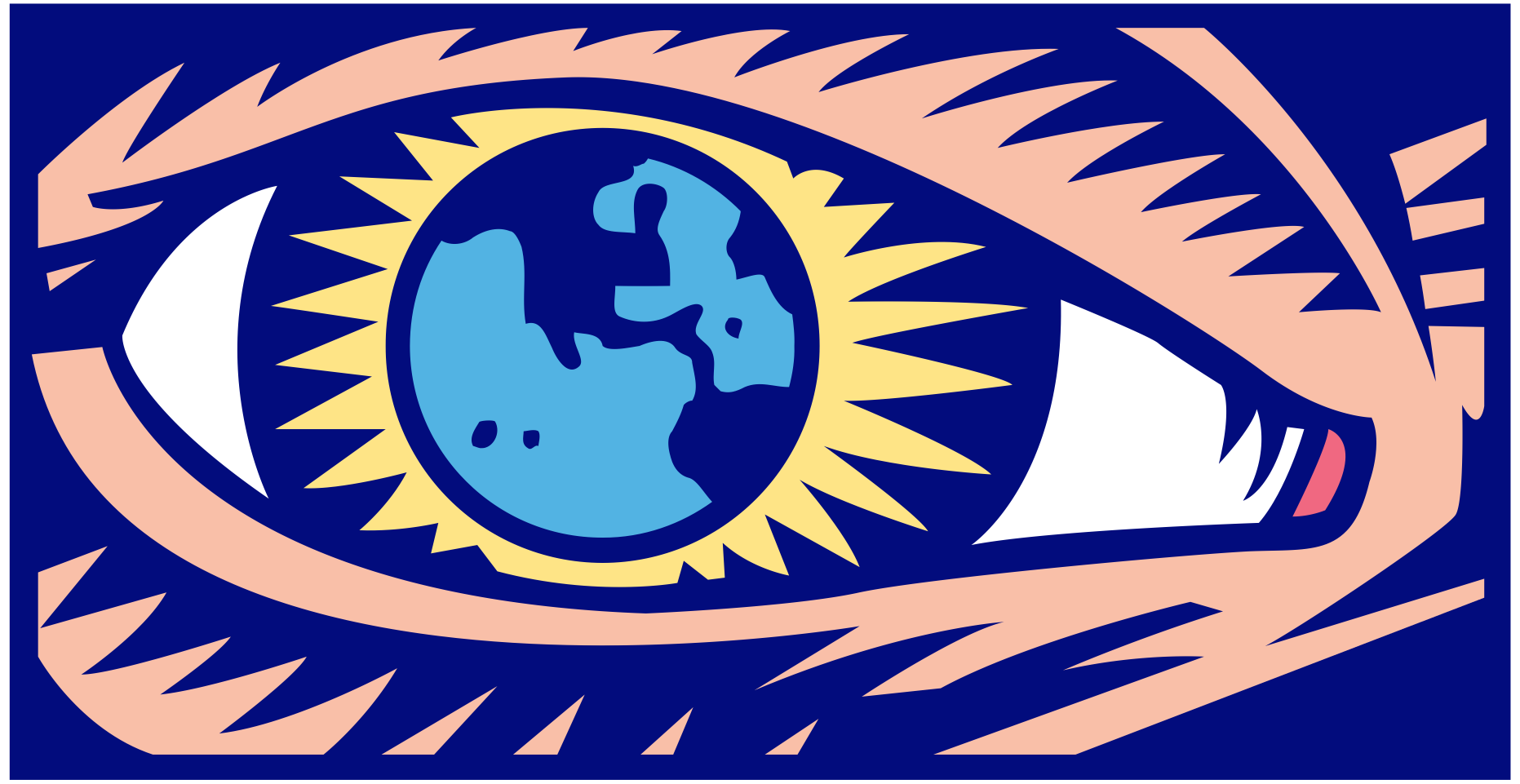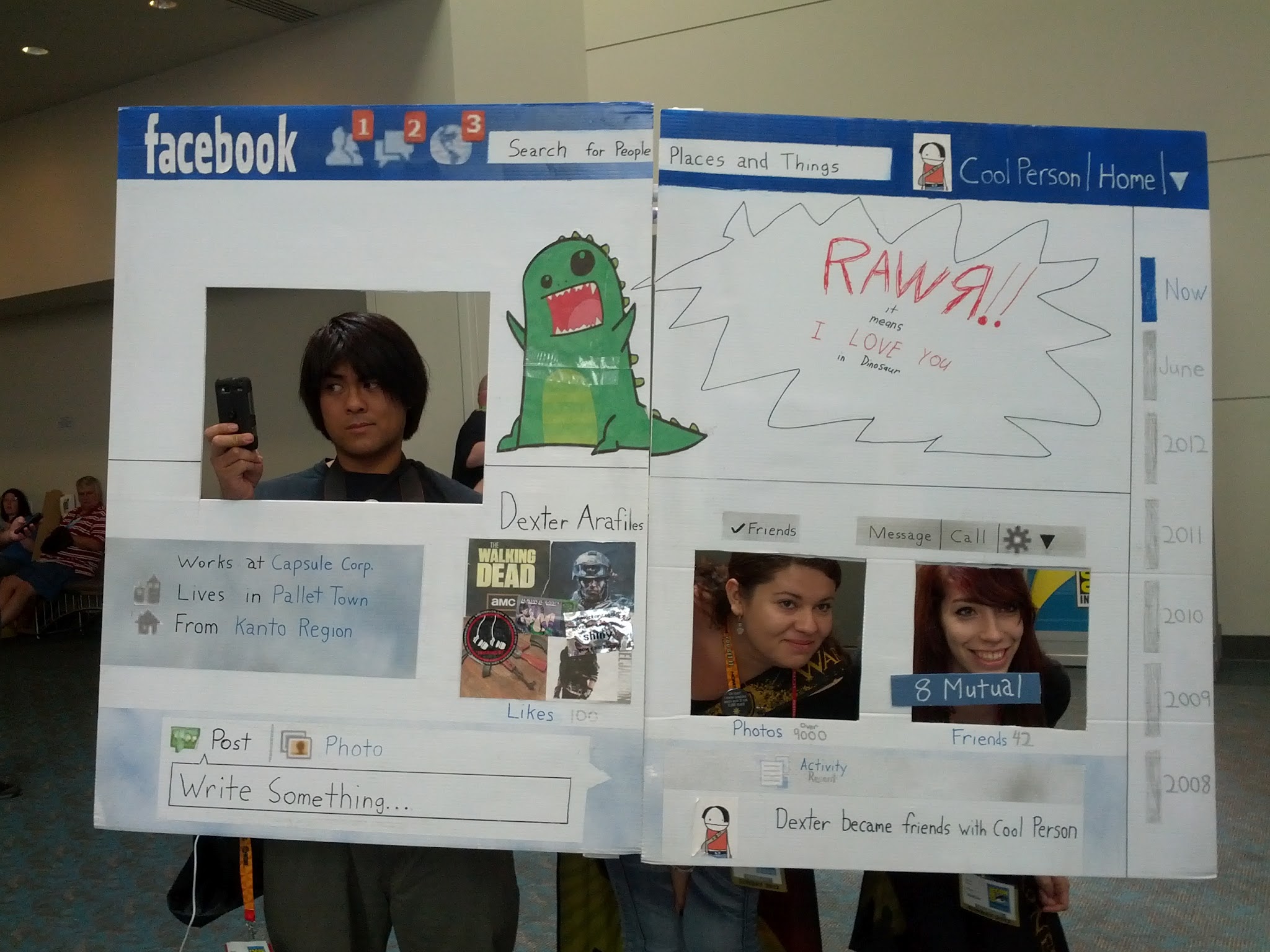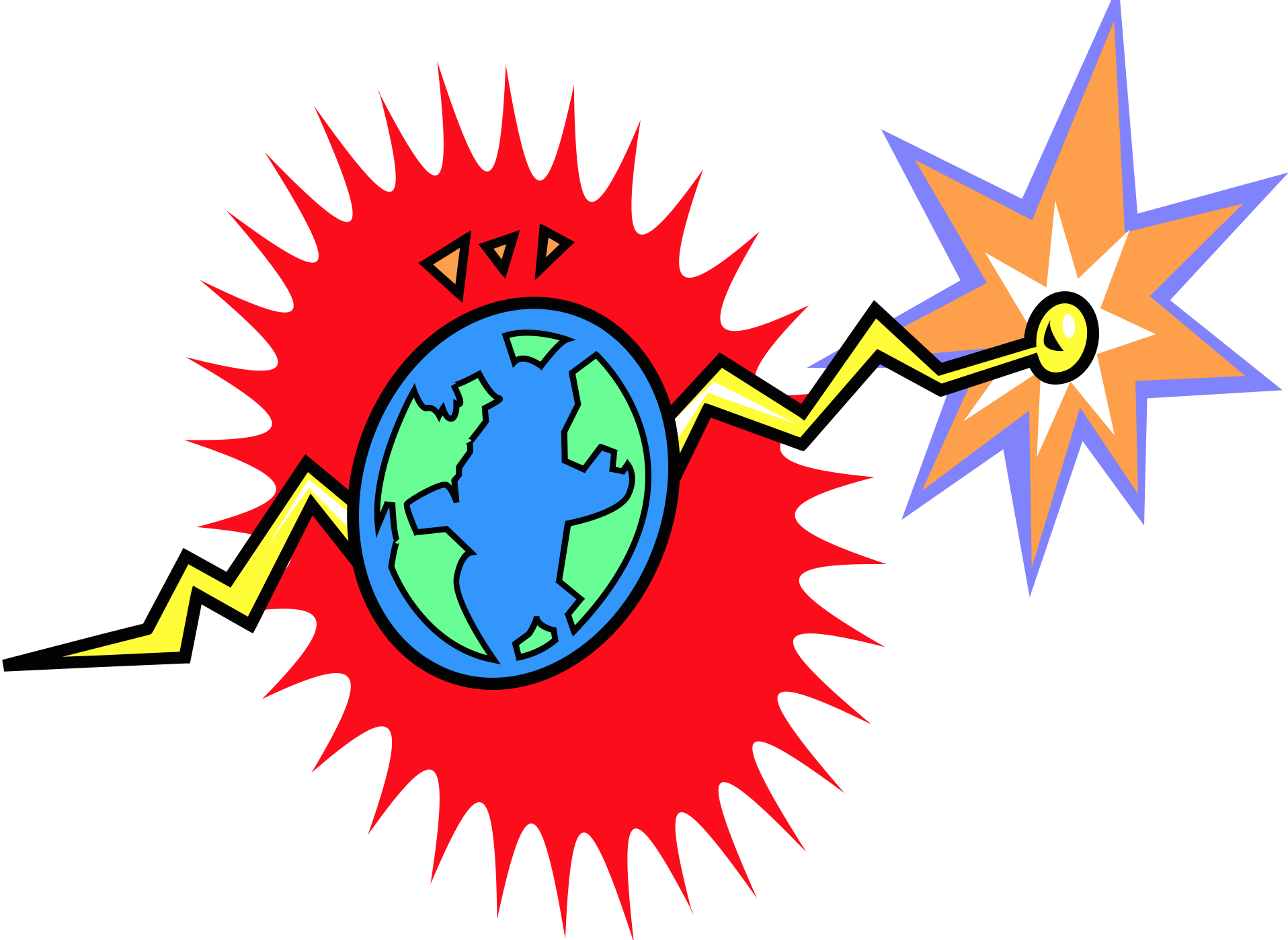Over the weekend, I unexpectedly read New York Times Op-Ed “Mind Over Mass Media,” by Harvard psychology professor Steven Pinker. Professor Pinker rallies for the status quo, argung that “new forms of media have always caused moral panics…but such panics often fail basic reality checks.” He talks of a panic, but I don’t see one. However, there is a new book generating some debate—Nicholas Carr’s The Shallows: What the Internet is Doing to Our Brains. The Op-Ed is rebuttal without reference.







